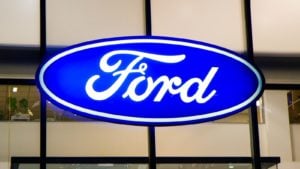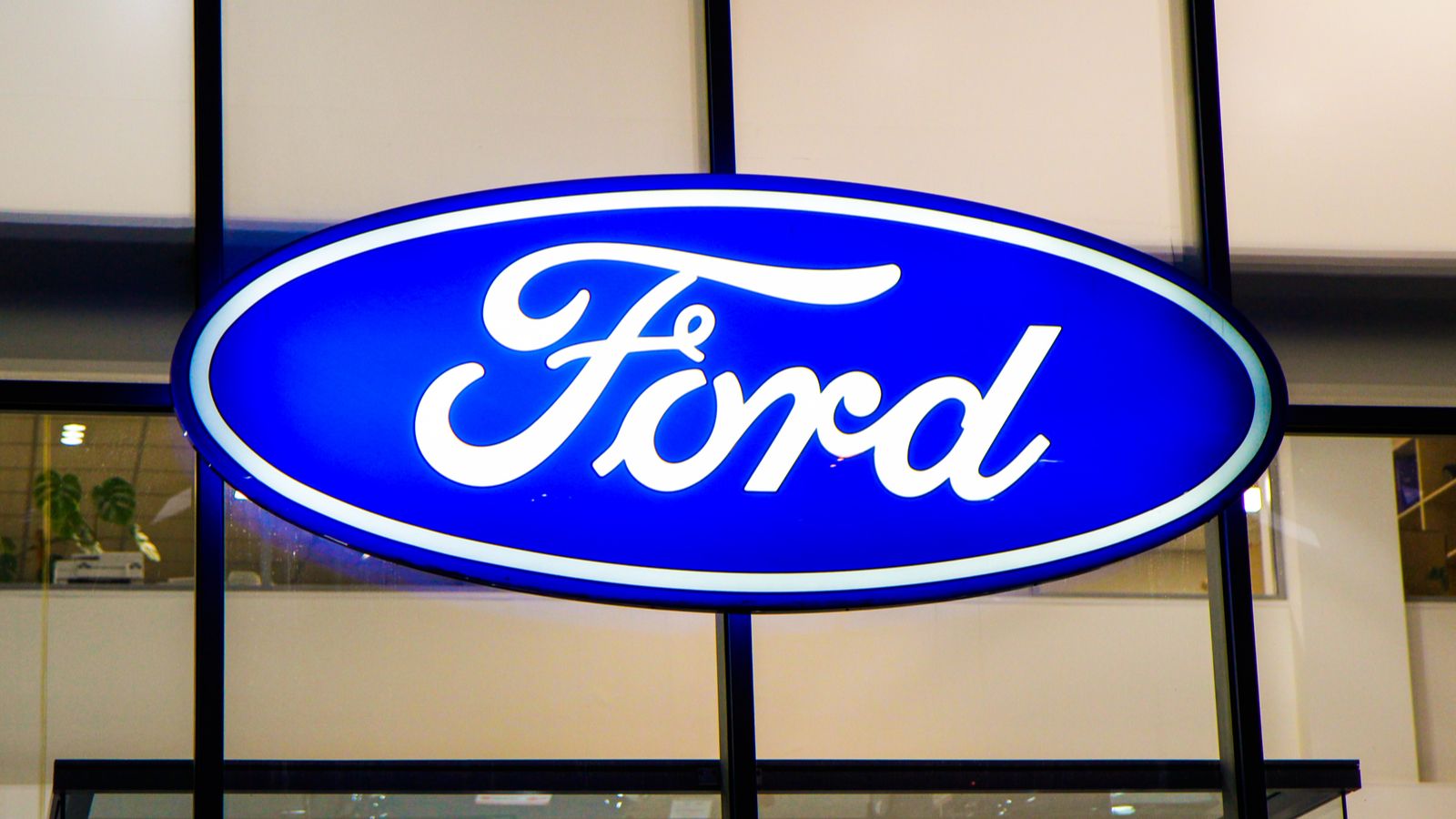Ford (NYSE:F) stock looks like a good value proposition at today’s price. Why? Even though F stock has no dividend right now, the company will likely restore it soon.

Moreover, Ford’s sales will rebound over the summer and fall. That’s especially true for its F-150 trucks.
Keep in mind that trucks account for more than 51% of its total U.S. sales by volume. The new 2021 F-150 remains on schedule to start production and go on sale this fall. Moreover, the company restarted its production plants on May 18. I suspect there will be a large pent-up demand rebound effect for Ford’s sales in the second and third quarters.
Ford’s Q1 Financials Were Impressive
Ford announced much stronger Q1 financials than I expected on April 28. For example, the company generated just slightly negative cash flow from operations (CFFO) for the quarter.
Cash flow used in operations was $473 million. As capital spending was limited to $1.8 billion, the Q1 free cash flow (FCF) came in just over a negative $2.2 billion.
The company’s CFO also stated that he expects that the Q2 pre-tax and interest operating loss will be more than $5 billion. Depending on whether working capital is positive, that would bring FCF negative at a similar level. But I believe that starting in Q3 the positive free cash flow will return.
Moreover, Ford has plenty of cash to weather this short-term storm. At the end of the quarter, Ford had over $46 billion in cash and securities. This allows the company to outlast a potentially slow pick up in demand for its trucks.
Nevertheless, I believe the company’s return to FCF positive territory in either the third or fourth quarter will bring major changes. It would allow the company to begin paying its dividend, which costs about $600 million per quarter, by Q4 or the end of the year. At this point, I believe the company may be able to afford that level of dividend cost to its shareholders.
Estimating the Value of F Stock
Ford has been paying the same quarterly dividend of 15 cents per for share for the past five years, up until this past March. However, I believe the company will keep on paying the same amount when it restarts its quarterly dividends.
So, at 60 cents per year, the dividend yield will be very high, at 10%. This is based on today’s price of $6.03 per share.
What is likely to happen, then, is that as it becomes clearer that the dividend will be paid, the stock will rise. This will have the effect of lowering the dividend yield, in anticipation of the upcoming dividend payment.
So the question becomes, what dividend yield will F stock rise to? Seeking Alpha has a table for every stock that shows the average dividend yield for the past four years. For Ford, the average yield has been 7.3%.
Therefore, taking the 60 cents per share annual dividend rate and dividing it by 7.3% brings a stock price target of $8.25 per share. That implies 37% upside from today’s price.
Should You Buy Ford Before It Restarts the Dividend?
I think you should. In fact, even if the company takes a year to restart the quarterly dividend payments, it would be worth it. Moreover, even if the quarterly dividend is half the historic rate, the potential gain would still be 18.5% (half the above rate).
Making 18.5%, even by waiting one year for a dividend, is a very good return.
Moreover, Ford will likely increase the quarterly dividend to that historic payment of 60 cents. That would prompt buyers of F stock to push up the stock to the previous 7.3% yield level or better. Remember, the 7.3% yield represents an average, implying there were periods when the dividend yield was much lower than 7.3%.
I think this represents a margin of safety in Ford stock for buyers at today’s price. F stock will jump much closer to its historical dividend yield when Ford restores its dividends. So it looks like a good value here.
One person who agrees with me is Ford’s COO, Jim Farley. He just dished out $1 million for shares in Ford, his first since 2007. He paid just $5.13 per share. That is a pretty attractive ad for how cheap F stock is right now.
As of this writing, Mark Hake, CFA does not hold a position in any of the aforementioned securities. Mark Hake runs the Total Yield Value Guide, which you can review here.
